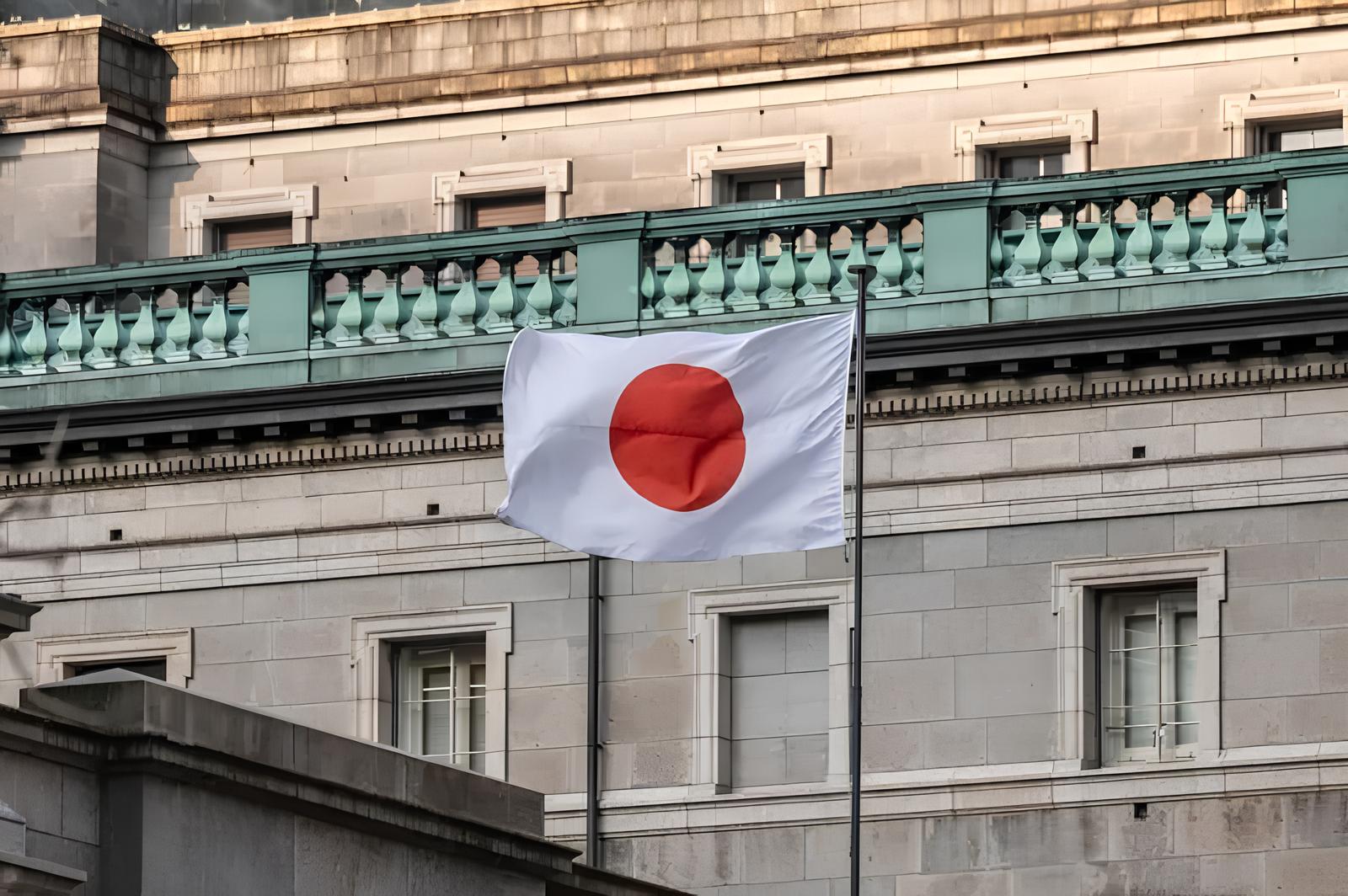
Is Japan Shifting Towards A Values-Based Foreign Policy?
In the face of both regional and geopolitical challenges, Japan has shifted towards a more activist and security-oriented foreign policy—and adopted values-based language to justify this shift.
By | Maximilien Xavier Rehm,
MAY 03, 2024 | 06:10 PM

On April 11th, Japanese Prime Minister Fumio Kishida gave an address to the American Congress as part of his state visit to the U.S. Two things stood out. First, there was his recommitment towards “upholding a free and open international order based on the rule of law.” This moniker can be interpreted as an extension of the “free and open Indo-Pacific” (FOIP) concept that has been a pillar of Japanese foreign policy since the second administration of the late Abe Shinzo, in which Kishida served as Foreign Minister. Second, Kishida reminded Congress of the U.S. role in upholding this order. In the context of growing skepticism from the fringes of American politics, and especially the isolationist wing of the Republican Party, Kishida stated that he is detecting “an undercurrent of self-doubt among some Americans about what your role in the world should be.”
Both of these statements are a logical consequence of Japan’s recent foreign policy, which has become increasingly pro-active in recent years and has notably included a focus on values-based language. This activism has seen the country double down on many of the institutions championed by the political West, which have served to benefit Japan greatly in the post-war era. Most strikingly, it has done so through making investments to defend—quite literally—these institutions. The Kishida administration has pledged significant additional investment to the country’s defense budget, set to increase by 16.5% to a record 7.95 trillion yen in FY 2024, with further increases planned through FY 2027 that will see the country spend close to 2% of its GDP on defense.
These investments have not happened in a vacuum. From its perspective, Japan is situated in a “dangerous neighborhood” that is poised to become a geopolitical flashpoint. It is no secret that China is acting more assertively in the South China Sea, and while it is an open question whether an invasion of Taiwan will actually occur, the prospect alone has been enough for both Japan and U.S. to continuously upgrade regional deterrence. Beyond the challenge posed by China, the escalation in violence following the February 2021 coup d’état by Myanmar’s military, the continued security threat posed by North Korea, as well as the global hardening of strategic alignments in response to Russia’s full-scale invasion of Ukraine in February 2022 have also forced Japan’s hand. Both China and Japan have watched what is happening in Ukraine closely, and it is this conflict specifically that has arguably led Japan to recommit to liberal institutions more actively—as indicated by the new language on the “free and open international order based on the rule of law” in lieu of the more regionally-centered FOIP paradigm. Japan has been the largest supporter of Ukraine outside of Europe and North America.
For much of the period following its defeat in the Second World War and under the Yoshida and Fukuda Doctrines, Japan focused heavily on economic development—first at home in the immediate post-war period and later as part of its regional diplomacy. With its security guaranteed through the U.S.-Japan security alliance, the country could afford to do this. As Japan became a major economic power, Official Development Assistance (ODA) became the primary means of engagement with regional (especially ASEAN) partners. Its reliance on financial aid even led to the country being accused of “checkbook diplomacy” in the context of the Gulf War of the early 1990s.
Since then, Japan has gradually shifted its diplomatic engagements to include a security component, but the current geopolitical context has served to accelerate this trend. At the same time this has served to expose contradictions in the country’s foreign policy. Japan is bound to pacifism through Article 9 of its constitution, which bars the country from pursuing war as a means to settle international disputes. This has long served as the legal backdrop to avoid direct intervention abroad. However, the recent shift towards a more activist and security-oriented foreign policy under Kishida, an extension of Abe’s own foreign policy during the 2010s, has further exposed a rift between Japan’s commitment to pacifism and the geopolitical realities it is confronted with.
Abe sought to revise the constitution during his time in office, but ultimately did not have the political capital to do so. Kishida has adopted a more incremental approach, for instance through softening export regulations on lethal military aid. The export of such aid was previously banned in relation to the constitution, but it can now be supplied to countries that are not party to an active conflict. This prevents Japan from supplying Ukraine directly. However, it is now possible to export lethal military equipment to countries such as the U.S. and European allies to replenish their stockpiles, allowing them to then transfer more of their stock to Ukraine. These new export restrictions are also relevant in the context of its new Official Security Assistance (OSA) partnerships with regional partners. OSA is essentially the security-focused complement to ODA.
Perhaps the most important way Japan has sought to reconcile this contradiction in their foreign policy is through framing recent initiatives in values-based language. Whether it be spending more money on defense, supporting Ukraine, penning OSA deals, or playing a more active part in multilateral engagements such as the QUAD, Japan has justified these security-oriented engagements as part of its commitment to uphold values such as democracy, free trade, international law, and the international system more generally. In response to the coup d’état in Myanmar, Japan advocated strongly for the return of democracy. Following Russia’s invasion of Ukraine, the country responded by condemning Russia based on violations to territorial integrity under international law. With regards to OSA, Japan has underlined that these partnerships are aimed at strengthening a “free and open international order.” This is a notable shift, as Japan had previously prioritized economic relations over values, as indicated with through its decades-long engagement with Myanmar’s military, or indeed its dichotomic relationship with China.
Of course, this new commitment to a values-based foreign policy is rooted in Japan’s strategic interest rather than any sort of moral realignment. The current class of Japan’s policymaking elites realizes that the country has benefitted immensely from committing to the international system, and especially to Western-led institutions. As these institutions are increasingly being challenged, Japan has accepted that it needs to act more pro-actively in defending them. Indeed, Kishida himself as much himself during his address to Congress: “I am an idealist but a realist, too. The defense of freedom, democracy, and the rule of law is the national interest of Japan.”
